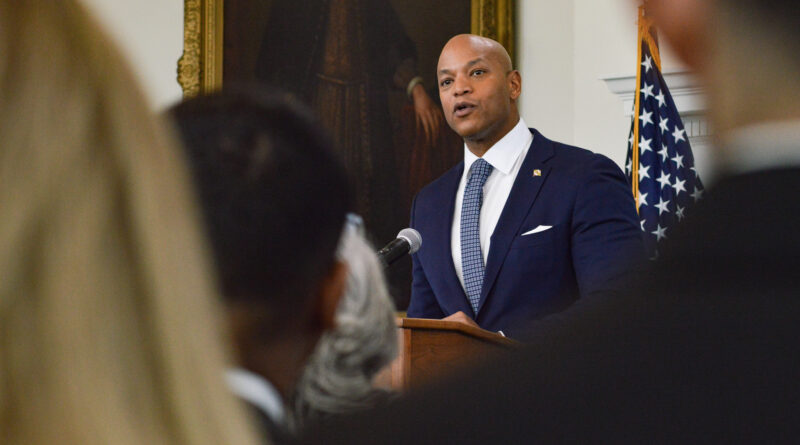Advocates warn budget cuts will harm Maryland residents with disabilities
By Emma Tufo
ANNAPOLIS–Advocates for disabled people in Maryland are concerned about proposed cuts to their state programs, warning that the reductions could hit quality of care for some of the state’s most vulnerable residents.
During a hearing this week, advocates described the far-reaching consequences these cuts could have on the state’s Developmental Disabilities Administration.
Mat Rice, executive director of People on the Go Maryland, urged state lawmakers to “not turn back the clock on a marginalized community.”
“Are we saying to my staff person that is here with two kids, that he might have to take a potential pay cut?” Rice said at the Thursday hearing. “There is a human cost here.”
But Helene Grady, secretary of the Department of Budget and Management, said the “cost containment” measures were intentionally designed to minimize disruption to essential services.
“There are many potential options within the DDA program that are not on the table, and very intentionally not on the table, because of the impact they would have to the services the state is providing,” she said. “The package that is on the table for cost containment was structured in a very targeted fashion to impact the areas and the flexibilities within the program.”
Gov. Wes Moore has proposed $2 billion in cuts in his fiscal 2026 budget, as part of an overall attempt to address the state’s looming $3 billion deficit. The DDA’s spending has grown in recent years, agency officials said.
Moore’s proposed reductions to the current fiscal year budget would adjust wages for overall savings to the state. One of those changes would eliminate geographic differential rates, which currently pay providers more if they work in areas with a higher cost of living.
Laura Howell, CEO of the Maryland Association of Community Services, argued the potential harm of these reductions. It would be hard for providers in high-cost areas like Montgomery and Prince George’s Counties to survive the cuts, advocates said.
“The geographic differential is foundational to our rates,” Howell said. “It amounts to kind of kicking the legs out from under these providers at this time.”
“I’m not sure that they will survive,” she said.
Another cut would target “low intensity” support services, designed to help people avoid more drastic intervention. They allow individuals and families to use funding for short-term in-home care, minor home modifications for accessibility, short-term respite care, adaptive equipment, summer camps and other needs.
Sen. Cory McCray told Grady that families benefiting from the program are already contacting him, expressing concern over its potential elimination. McCray, a Democrat from Baltimore City, asked why the program should be cut.
Grady said it was a part of the cost-containment plan to ensure a sustainable budget model for the DDA going forward.
“We still have work to do,” Grady said.

Capital News Service is a student-powered news organization run by the University of Maryland Philip Merrill College of Journalism. With bureaus in Annapolis and Washington run by professional journalists with decades of experience, they deliver news in multiple formats via partner news organizations and a destination Website.

